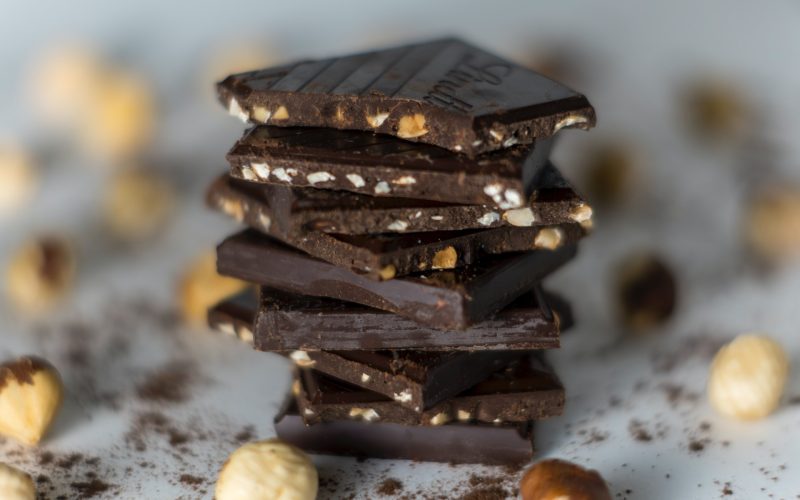Introduction: Dark chocolate, with its velvety texture and bittersweet taste, has long been cherished as a luxurious treat. Beyond its indulgent appeal, dark chocolate is also renowned for its potential health benefits. However, beneath its enticing facade lies a dark secret that remains largely unknown to many chocolate lovers. In this article, we will embark on a journey to decode the enigma of dark chocolate and uncover the hidden truths that might surprise you.
- The Myth of “Healthy” Chocolate: Dark chocolate is often hailed as a healthy alternative to other confectioneries due to its higher cocoa content. While cocoa does offer some health benefits, it’s crucial to differentiate between high-quality dark chocolate and commercially available options. Many mass-produced dark chocolate products contain added sugars, unhealthy fats, and artificial ingredients, diluting the potential health benefits. Opting for dark chocolate with a high percentage of cocoa solids and minimal additives is key to truly enjoying its positive attributes.
- Calorie Considerations: Although dark chocolate may have some healthful components, it is still a calorie-dense food. Indulging in excessive quantities can contribute to weight gain and hinder weight management efforts. It’s essential to be mindful of portion sizes and incorporate dark chocolate into a balanced diet to fully appreciate its flavors while maintaining a healthy lifestyle.
- Impact on Dental Health: Dark chocolate’s tooth-friendly reputation may come as a surprise to some. While it is less harmful to dental health than sugary treats, dark chocolate still contains natural sugars and can contribute to tooth decay if consumed in excess. Practicing proper oral hygiene, including brushing and flossing after consuming dark chocolate, is essential to minimize its potential impact on dental health.
- Caffeine and Sensitivity: Dark chocolate contains small amounts of caffeine, which can affect individuals sensitive to this stimulant. For those with caffeine sensitivity or certain health conditions, consuming large quantities of dark chocolate may lead to restlessness, anxiety, or sleep disturbances. Being aware of personal caffeine tolerance and adjusting consumption accordingly is crucial.
- Allergies and Food Sensitivities: Dark chocolate can be a source of concern for individuals with allergies or food sensitivities. Common allergens such as nuts, milk, soy, or gluten may be present in some dark chocolate products. Careful reading of labels and selecting dark chocolate free from specific allergens is important to ensure a safe and enjoyable experience.
Conclusion: As we unravel the enigma of dark chocolate, it becomes evident that not all dark chocolate is created equal. Understanding the distinctions between high-quality dark chocolate and commercially produced options allows us to make informed choices. By being mindful of calorie intake, dental health, caffeine sensitivity, and allergens, we can indulge in dark chocolate responsibly and savor its unique flavors while reaping potential health benefits.












